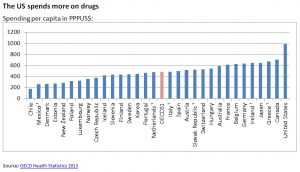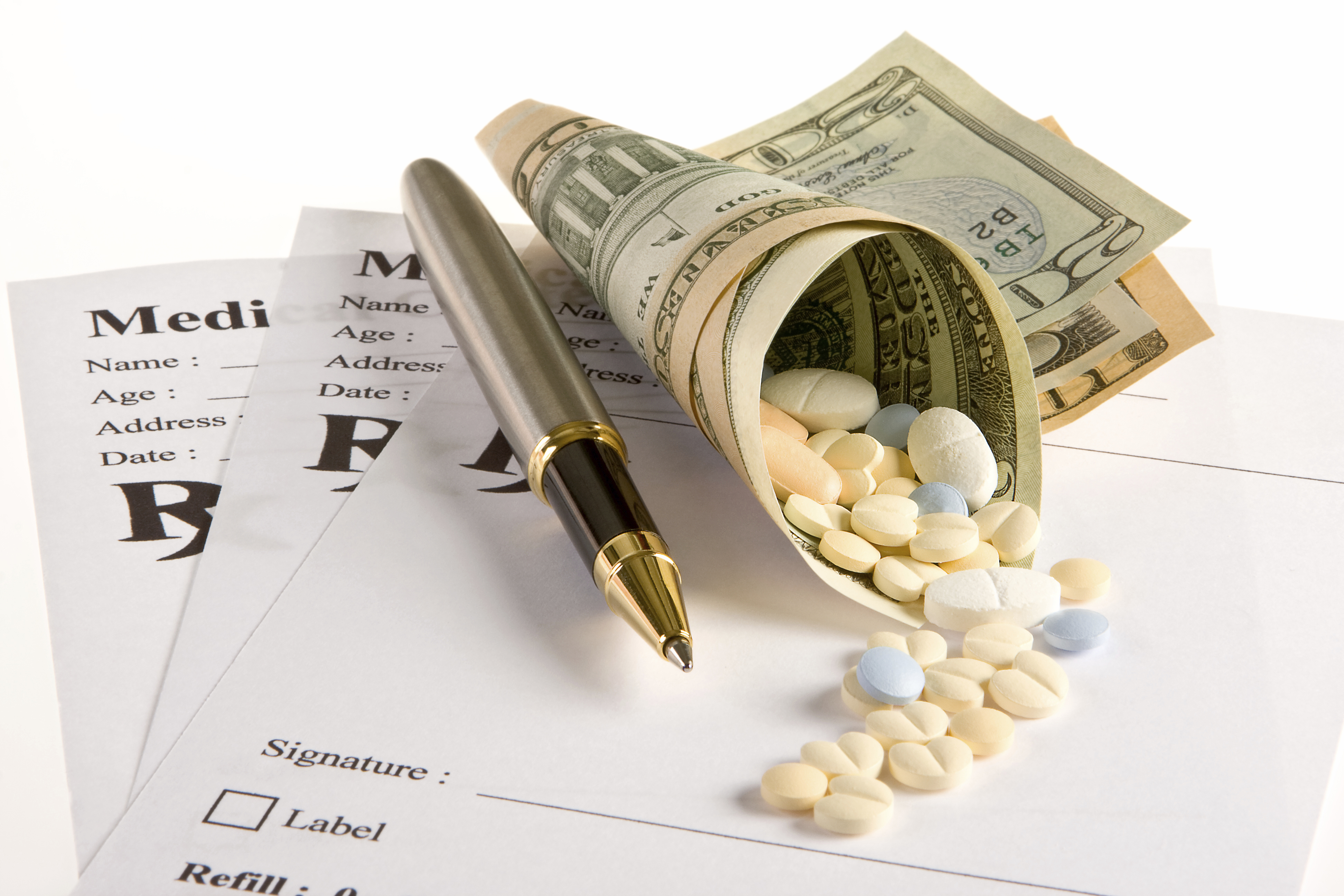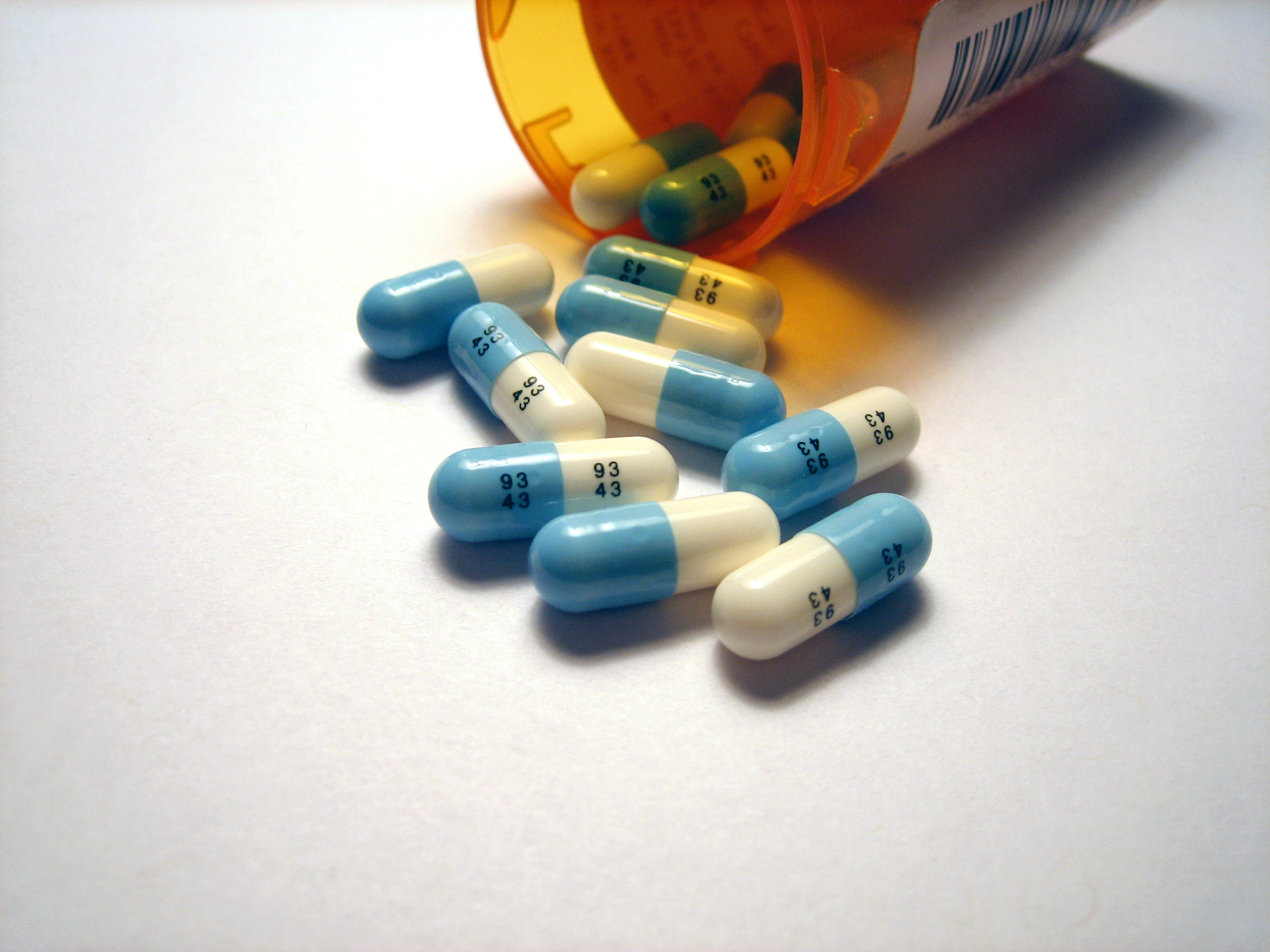By Jake Frenkel
A couple months ago, almost no one had heard the name Martin Shkreli; now, he may just be the most hated man in America. In August of 2015, Turing Pharmaceuticals purchased the exclusive rights to a drug called Daraprim, a drug most commonly used to treat Toxoplasmosis, a parasitic disease. It is also used to complement other drugs in the treatment of HIV infections, some cancers, and malaria.
When Turing Pharmaceuticals bought the drug, Turing CEO, Martin Shkreli, increased the price from $13.50/pill to $750/pill, a 5000 percent increase. Daraprim is typically used for about eight weeks; however, those eight weeks can now cost users up to $86,625. The 62-year-old drug, which is on the World Health Organizations List of Essential Medicines, is now exorbitantly priced for many Americans.
Not only is the hike in price extraordinary compared to historic levels, it is unprecedented across the globe. The same drug goes for $0.10/pill in India, $0.66 in the United Kingdom, and $0.02 in Brazil.
Although sources report Shkreli is planning on decreasing the price from $750 over recent outrage, it is still concerning to many Americans who rely on the drug. While the media has taken advantage of this specific incident, this is not the first time a corporate company has bought a drug, only to increase its price to a level the public feels is unreasonable.
The same month that Turing purchased Daraprim, Rodelis purchased Cycloserine, a drug used for treating Tuberculosis. Rodelis increased the price for 30 pills from $500 to $10,800, a 2100 percent increase. The same phenomenon occurred early this year. In February, Valeant Pharmaceuticals International buying the rights to the heart drugs Nitropress and Isuprel, and increasing the prices 200 percent and 500 percent respectively.
The increase in drug prices is most notable in specialty prescription medication; however, generic brands have been skyrocketing as well. In 2010 consumers and insurers paid an average of $13.14 per prescription for the 50 most popular generic drugs. By 2014, that number increased to $62.12, a 373 percent increase.
The first question you should be asking is why? Why are the prices of prescription drugs being increased to unprecedented levels? Most companies, such as Turing, claim that the increase in price is necessary to further research towards more advanced medicine. Shkreli, a former hedge-fund manager, said that the higher profit “would allow the company to develop, newer better drugs.”
Some companies claim an increase in price is necessary to keep specialized drugs on the market. In 2006, when Ovation raised the price of the cancer drug, Cosmegen, from $77.50 to $548.01, Ovation’s CEO claimed, “The price increases were needed to invest in manufacturing facilities for the drugs.” Other increases are explained more simply; Abbott suggested the 4000 percent increase in the price of the cancer drug, Norvir, “was intended to better reflect Norvir’s medical value after years of being underestimated.”

The United States certainly sets itself apart when it comes to paying a high price for prescription drugs. A recent poll released by Kaiser found that 72 percent of the public believes that the price of prescription drugs is “unreasonable.” Compared to other countries, they are correct.
America’s drugs are expensive for three main reasons. The first is that the cost to bring a drug to market is extremely costly and it’s a lengthy process. On average, it takes more than 10 years and $2.6 billion before a drug is sold. There is typically a misconception among the public that the cost to manufacture drugs is very low, and while this is true after the drug has been brought to market, people fail to consider the costs before it is finally sold. However, this only explains the high cost of drugs in general across the globe.
The second reason is that the American government does not regulate the price of drugs, and therefore companies set a high price simply because they can. This is the essence of a free market. Because American drug manufacturers have freedom in setting prices, the issue is not one of legality, but rather one of morality.
The third reason is a lack of competition, specifically within the specialty drug market. Basic economics dictates that increased competition leads to decreased prices, however, many specialty drugs are so unique that competition is virtually impossible. For example, the drug Sovaldi used to treat Hepatitis-C works astonishingly well (better than any other drug on the market), but it comes at a price-$84,000 for the 12-week treatment.
While the government has granted companies autonomy when setting drug prices, Washington may have finally had enough. Presidential hopeful, Hillary Clinton, recently sent a tweet highlighting the issue of increasing drug prices saying, “Price gouging like this in the specialty drug market is outrageous. Tomorrow I’ll lay out a plan to take it on.” The tweet caused a significant downfall of biotech stock prices on Sept. 21.
Price gouging like this in the specialty drug market is outrageous. Tomorrow I'll lay out a plan to take it on. -H https://t.co/9Z0Aw7aI6h
— Hillary Clinton (@HillaryClinton) September 21, 2015
On Monday, Sept. 28, Congress decided to listen to Clinton. Democrats on the House oversight committee announced they were seeking a subpoena for Valeant to explain the price increase for the two heart drugs, causing a 17% decrease in their share price. The action caused stocks to fall 1.92 percent as a result of the sharp decline in the health-care sector. Biotech stocks were hit hard; with the Nasdaq Biotechnology index falling 6% as a result of the Democrats taking action in Congress.
The difficulty with a government regulated drug system is that it discourages drug manufacturers from innovating. A larger profit is necessary to motivate researchers to try and find cures to diseases such as cancer, Ebola, diabetes, and asthma. While many believe it is immoral for companies to charge high drug prices, government regulation may have many unintended consequences. The government also does not have the resources to create medicines like private companies currently produce. Ultimately, this has become a partisan issue with Democrats believing government regulation is necessary, and Republicans believing competition will keep prices down.
The lines between morality and profitability are blurred when analyzing the increase in pharmaceutical drug pricing. It is also questionable how and in what circumstances the government should be intervening in the process. America’s foundation is a free market economy, and attempting to control aspects such as the price of drugs is a slippery slope. As Americans witnessed the recent passing of the Affordable Care Act, it’s important to remember both the pros and cons of a government-controlled health care sector. The balance of efficiency and fairness must be closely watched. While the future prices of specialty drugs remains uncertain, one thing is for sure, this topic is going to become increasingly important as the 2016 presidential election approaches.
Photo Credit: xareltocares.com


